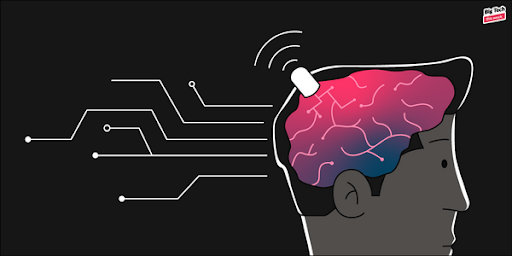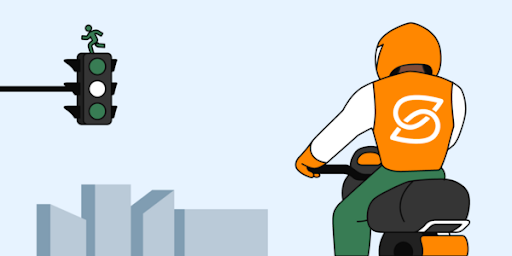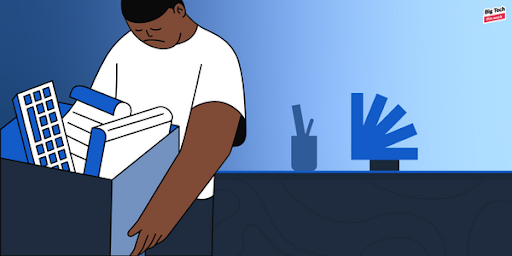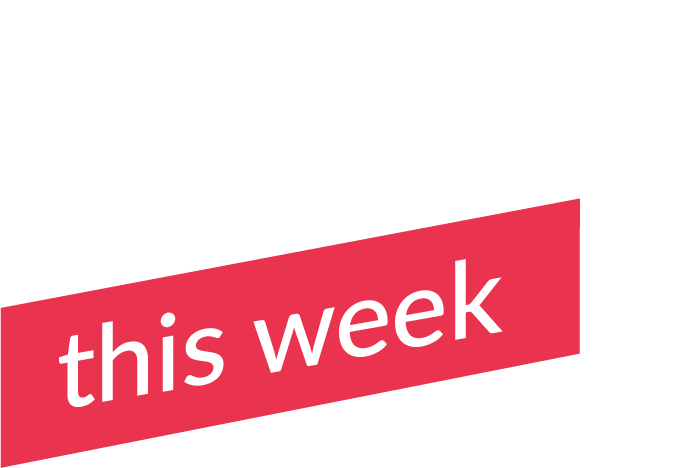Top of mind: Happy Sunday!
Earlier this year, I predicted that an African startup would go public, and if they didn’t, I’d be giving a subscriber Meta’s Virtual Reality Headset, Quest 2.
Well, the startups fell my hand. Not a single one went public—hard year.
More details on how to win are below. Good luck!
Let’s get to it.
3 big things:
- Neuralink in ya brain
- SafeBoda exits Nigeria
- Lazerpay cuts employees
Would you let Neuralink in your brain?

The short: Elon Musk says the Neuralink device will be ready for human trials in six months!
New tricks: Musk’s Neuralink Corp. didn’t deliver on its promise to implant a computer into a human being’s brain, but they’ve embarked on some side hustles.
On Wednesday, Musk announced that the company is working on two significant products alongside its flagship project. Its primary focus remains the brain-computer interface, which would initially be used to treat traumatic brain injuries. But they are also working on implants that might be inserted into the spinal cord to give paralysed people the ability to move again and an eye implant designed to enhance or restore human vision.
Musk is not the first: Critics have accused Musk of exaggerating Neuralink’s technological achievements and overpromising what’s possible to do in the near future. And they have a point. Some of Neuralink’s showcases are advancements the industry has already made.
Been there, done that: For human testing, Synchron Inc. successfully implanted a tiny stent-like device into the brains of people in the US and Australia, allowing patients unable to move or speak to interact wirelessly using their thoughts and computers. Onward Inc. has also made ground-breaking progress in helping spinal cord injury victims regain some movement.
Academic institutions have been studying and developing brain-machine interface technologies for many years.
But for credit purposes, Musk brought investors into the sector like never before.
Monkey trials: The company’s brain-computer interface (BCI) was showcased at the event with a monkey “telepathically typing” on a screen. Musk says the device is ready for human trials, and ongoing discussions with the authorities have gone well enough for the business to set a goal of launching its first human trials within the following six months.
Final thoughts: While the issue of Musk stealing the spotlight from the OGs of the field remains debatable, what’s undeniable is that no matter how creepy the prospect is, this is life-changing work.
I think most people might side-eye the idea of brain implants, but it’s one of those things that you turn your nose up at until you need it. And for that alone, I support this work.
But we must remember, all credit must not go to Mr Musk.
Welp! SafeBoda is leaving Nigeria

The short: Uganda’s bike-hailing startup SafeBoda is making a big exit from Nigeria thanks to struggles in turning a profit.
The exit: Execs at the company say the move is happening thanks to unfavourable market conditions in Nigeria and are hoping to refocus their strategy on making more money in Uganda – their primary market.
Not the first time: Nigeria’s exit marked the second time the company left a country due to market conditions. In 2020 it exited Kenya because of COVID-19’s detrimental effect on its operations.
SafeBoda experienced a tougher time doing business in Nigeria because the ride-hailing industry requires more capital to thrive, which was a challenge for SafeBoda to keep up with.
Big wins: SafeBoda has had a great run so far. In March, it reported the completion of more than 3 million rides and 50,000 deliveries – with more than 10,000 riders and 100,000 passengers. In Ibadan, the company reached the one million ride milestone less than a year after its debut, growing at an impressive 150% month over month.
The bet on Uganda: SafeBoda’s business in Uganda is more sustainable and fast on its way to becoming profitable. It has over 1.5 million rides taking place daily in the capital, Kampala. In addition, the business’s new car-hailing service, SafeCar, is also showing some traction. SafeBoda reported that since its early September launch, its car-hailing business had increased by 40% weekly.
Final thoughts: It’s a tough decision when companies leave a market that showed great promise for expansion. But I get it, startups need to make hard decisions to survive in this era since VCs are not playing saviour anymore.
Who knows, maybe in different economic conditions, we could see it make a play for Nigeria again.
Lazerpay says goodbye to employees

The short: Nigeria’s crypto startup Lazerpay is laying off employees to cut operating costs and… survival.
Hard times: Earlier this year, we interviewed Lazerpay’s CEO, Njoku Emmanuel, where he talked about Lazerpay’s big ambitions. Lazerpay had a great run since its debut in 2021, but as with all other casualties of 2022’s economic downturn – Lazerpay’s hit a rough patch.
On Tuesday, Emmanuel posted a statement on Twitter that the company will be cutting staff to increase its operational runway. The startup started cutting costs by suspending payments to the management team and reducing staff.
This barely made a dent in cost savings, so the last resort was laying off staff to stay afloat.
Nope. It’s not FTX: In his statement, Emmanuel directly stated:
This is unrelated to the FTX collapse. Lazerpay did not hold any assets in FTX and, consequently, is unaffected. Our customers’ funds are safe, and the company will keep processing payments as normal.
– Njoku
Dig deeper: We believe the situation is not directly related to the FTX collapse, and it makes sense for the companies that can – to distance themselves from the FTX debacle. However, one of Lazerpay’s major investors, Nestcoin, recently laid off employees after being directly impacted by the FTX bankruptcy.
Njoku said that the lead investor of their seed round “pulled out abruptly due to market conditions and disagreement on terms”, making them unable to close the round.
Final thoughts: I think Lazerpay would be okay. Their situation is not unique, and hopefully, they find a new investor.
At this point, we can all admit it’s been a brutal year for startups. I’m rooting for everyone affected by the sh*t show that’s been 2022. 2023 would be a much better year for startups. Amen?
Wanna win the Quest 2?
Okay! How to win:
Fill in this form with a smile on your face. You can’t do it any other way 🙂
You have until noon on December 10th to fill out the form. After that, the winner will be chosen randomly and announced in next Sunday’s issue.
It sucks that no startup went public this year, but I’d have been surprised if any of them did. It’s been a challenging year.
BUT I’m happy for one of you to win one of my favourite VR devices. I hope you enjoy it 🙂
—
That’s it for the week! I’d love to hear your thoughts about this week’s issue. Please respond to this email or find me on Twitter @fatuogwuche 🙂
Ps – do us a solid by sharing the newsletter with your network of tech enthusiasts. Invite them to join the party 🙂
See you next Sunday!

